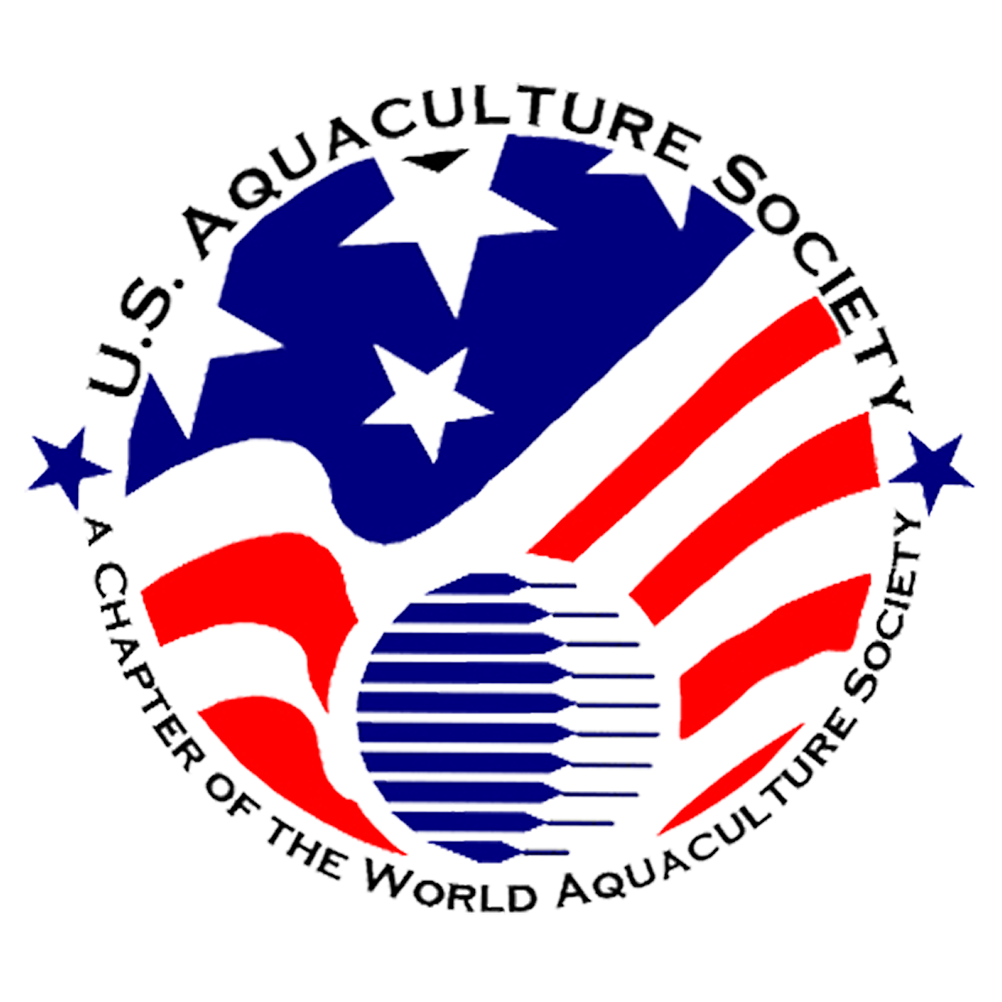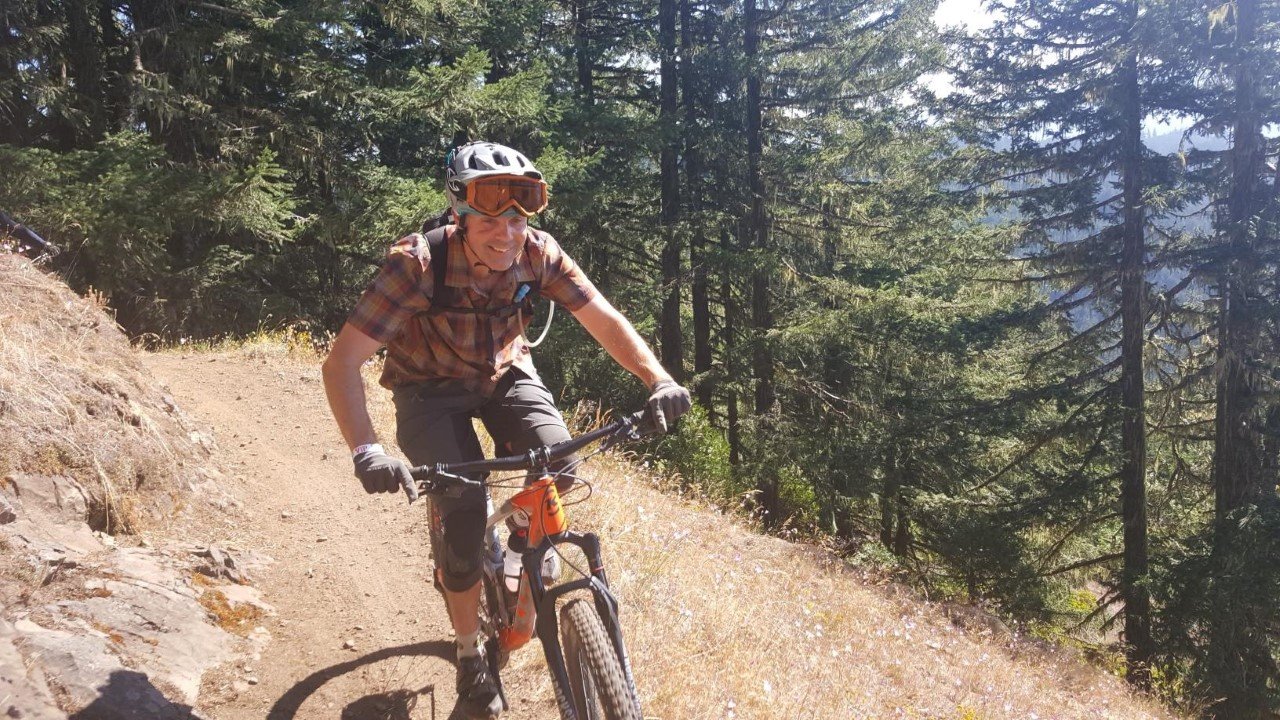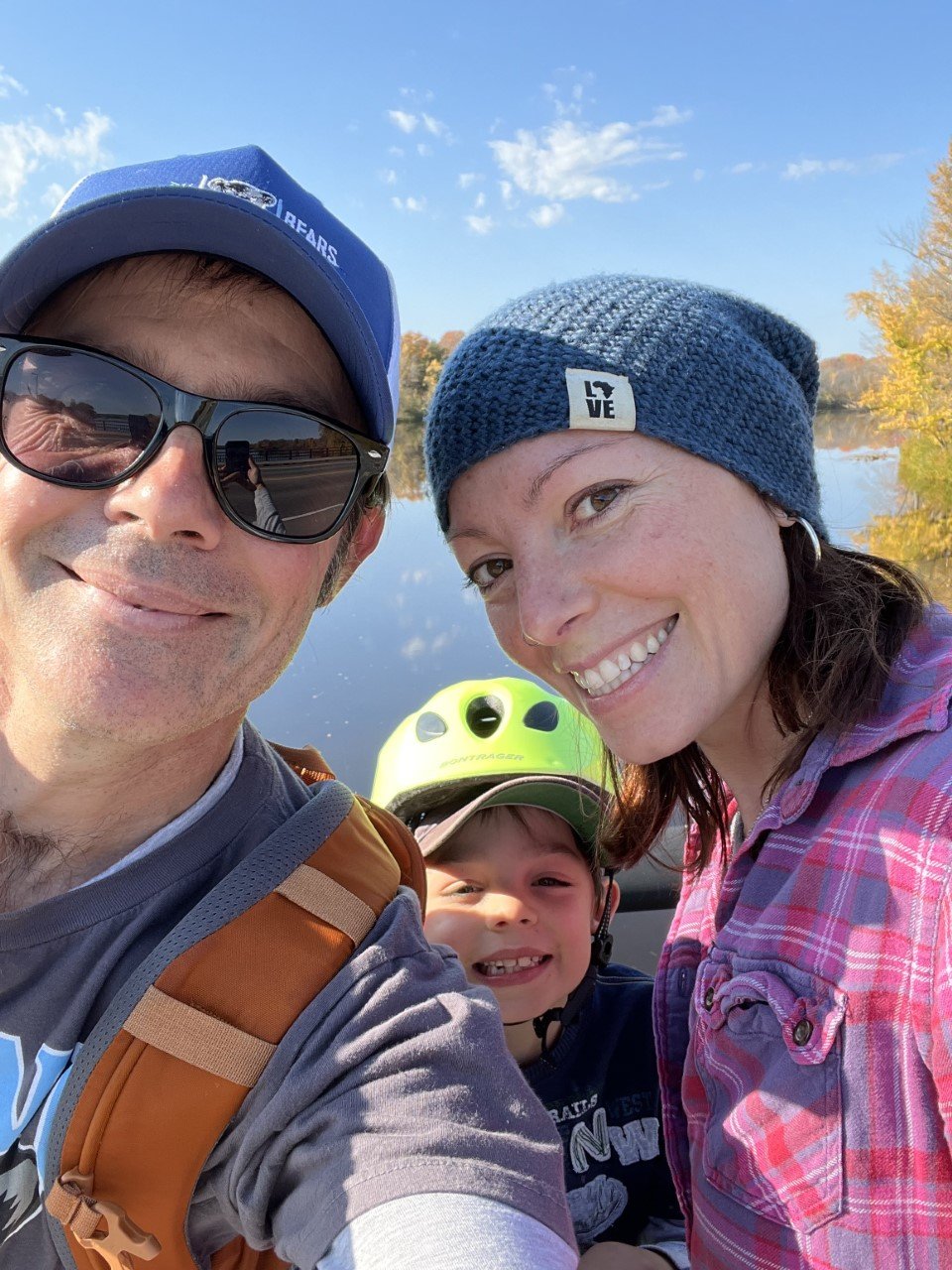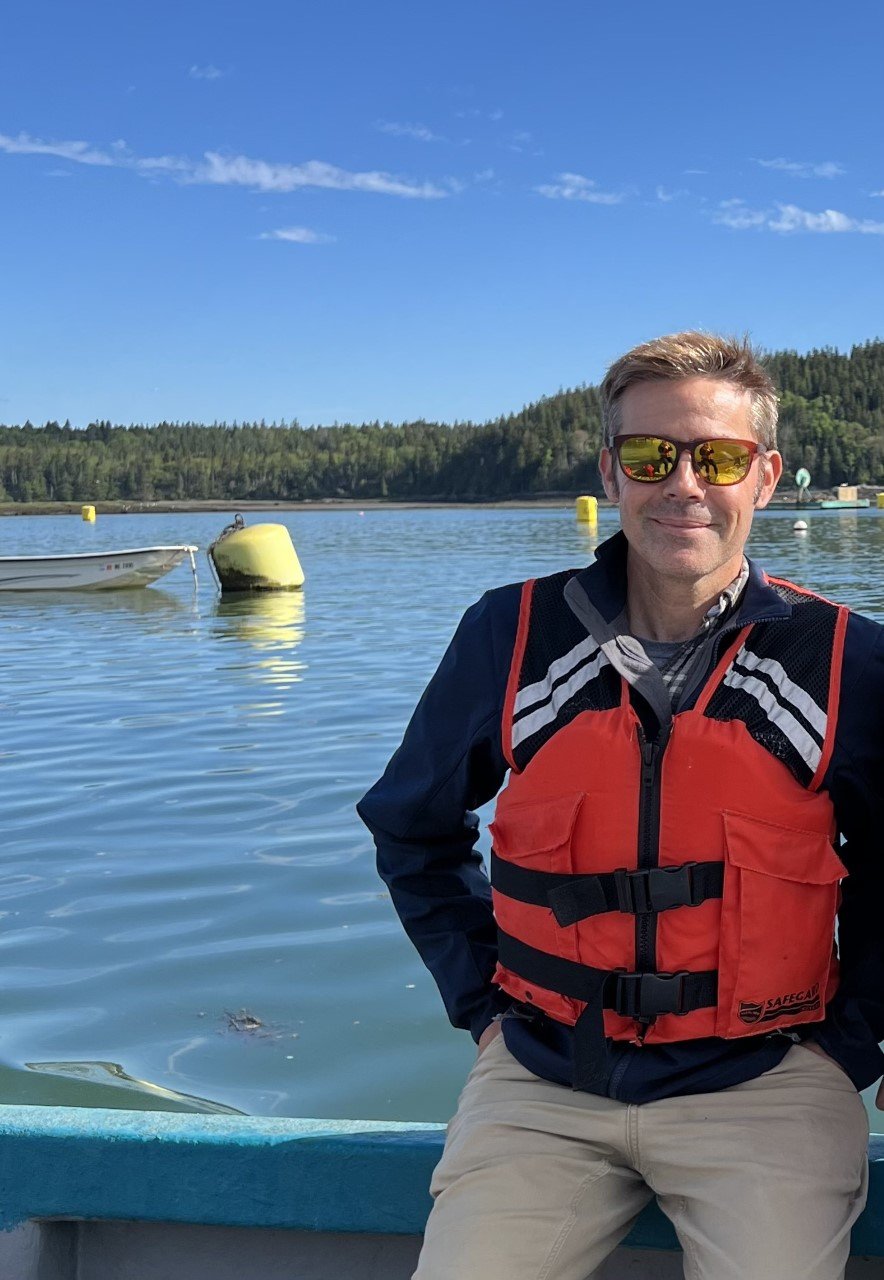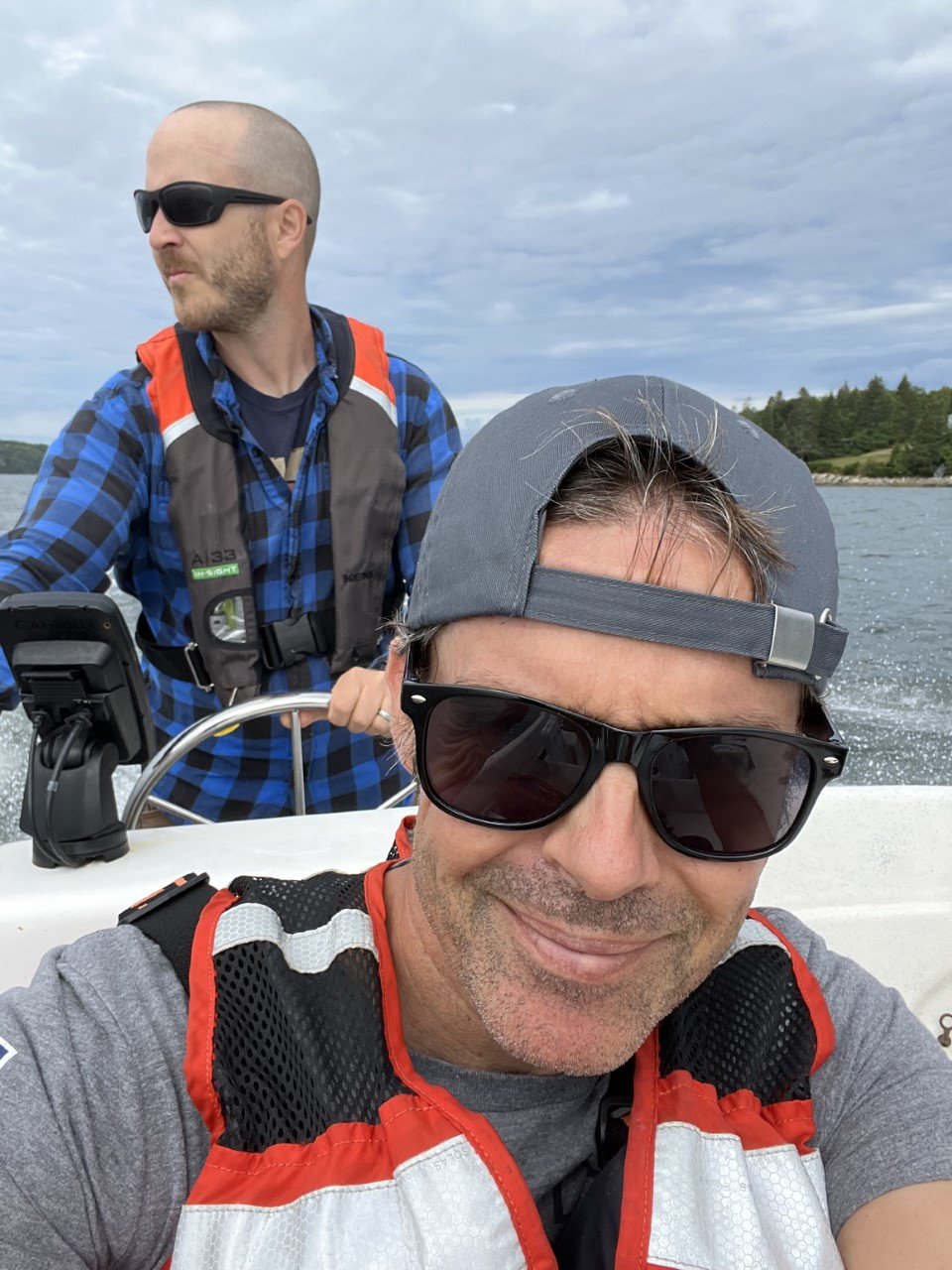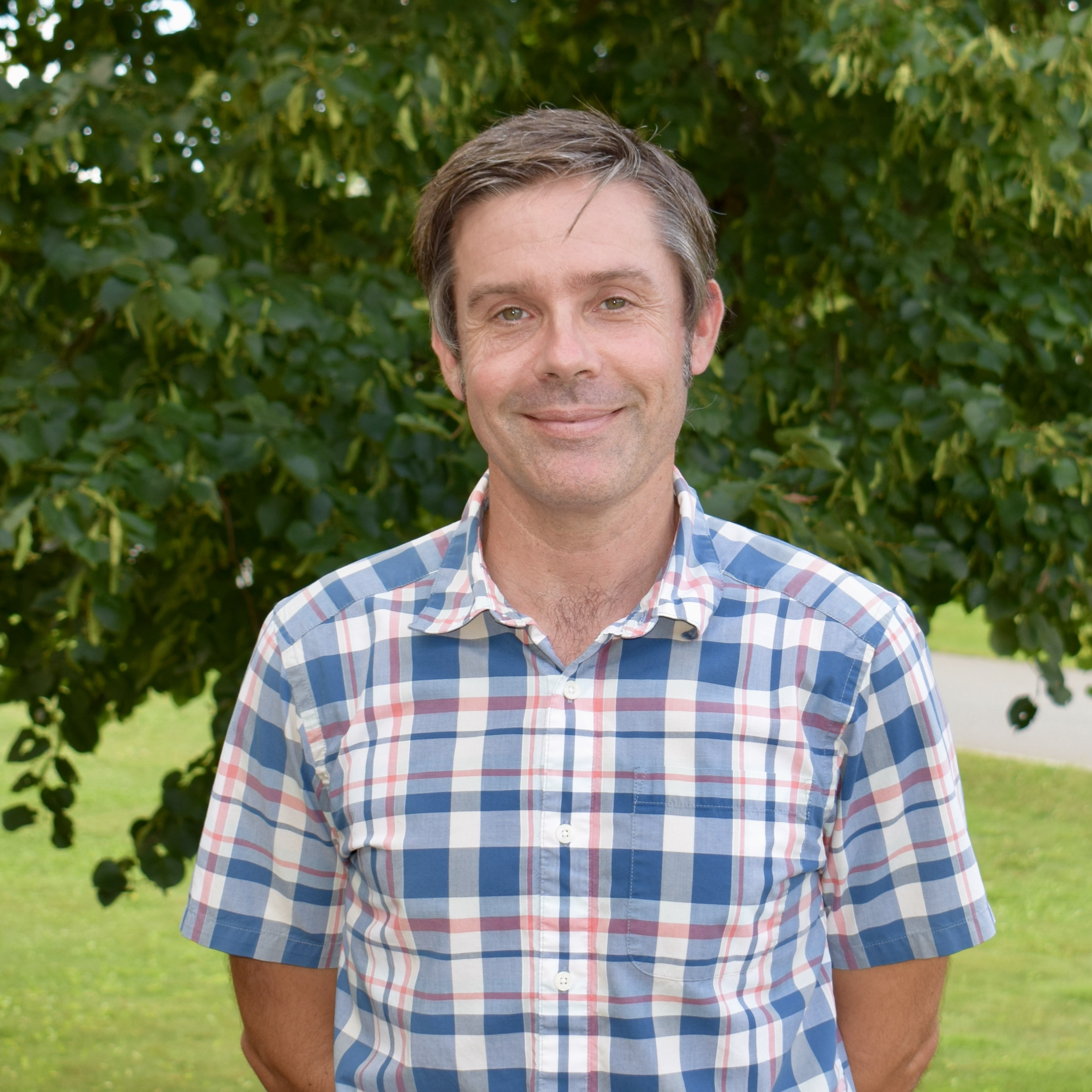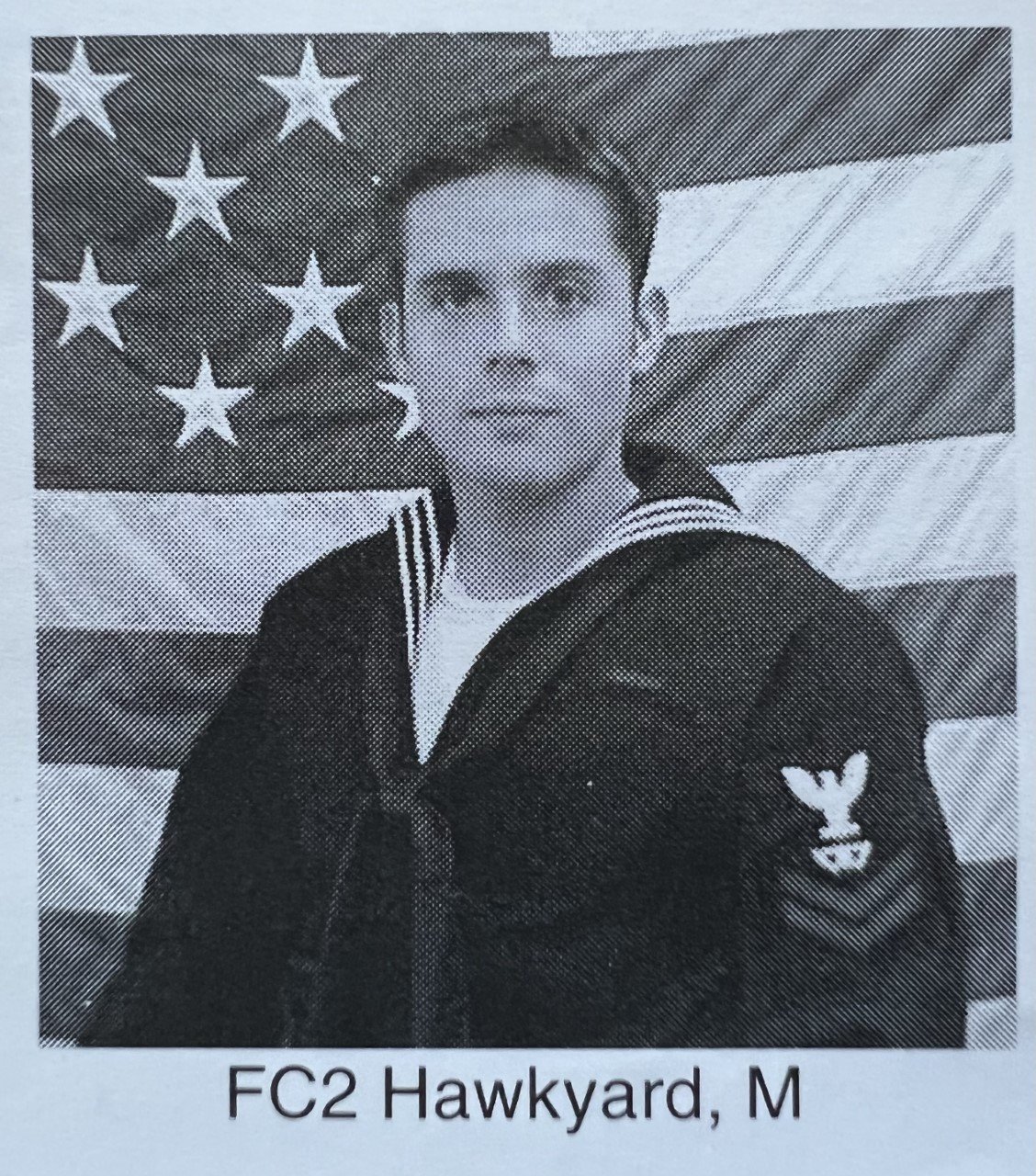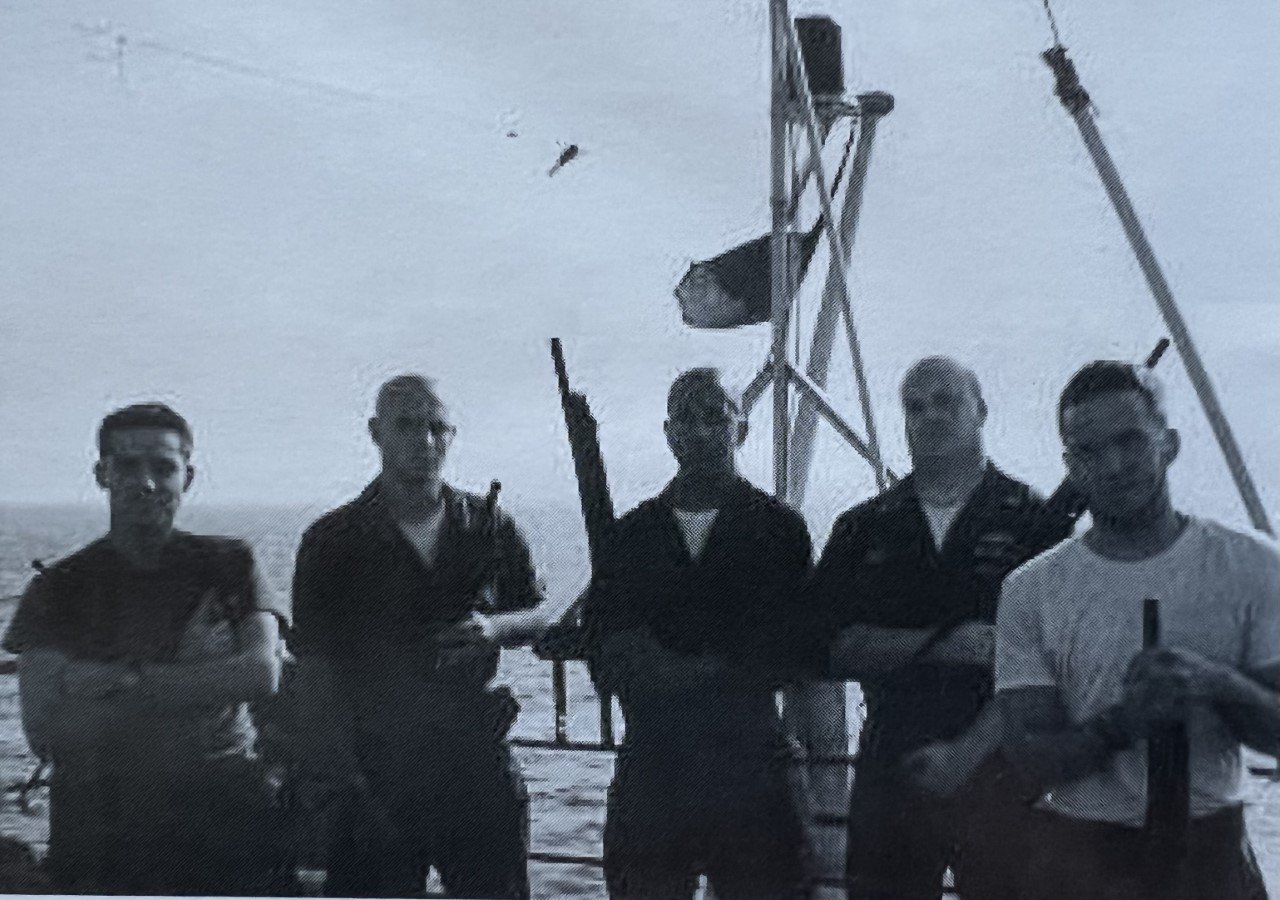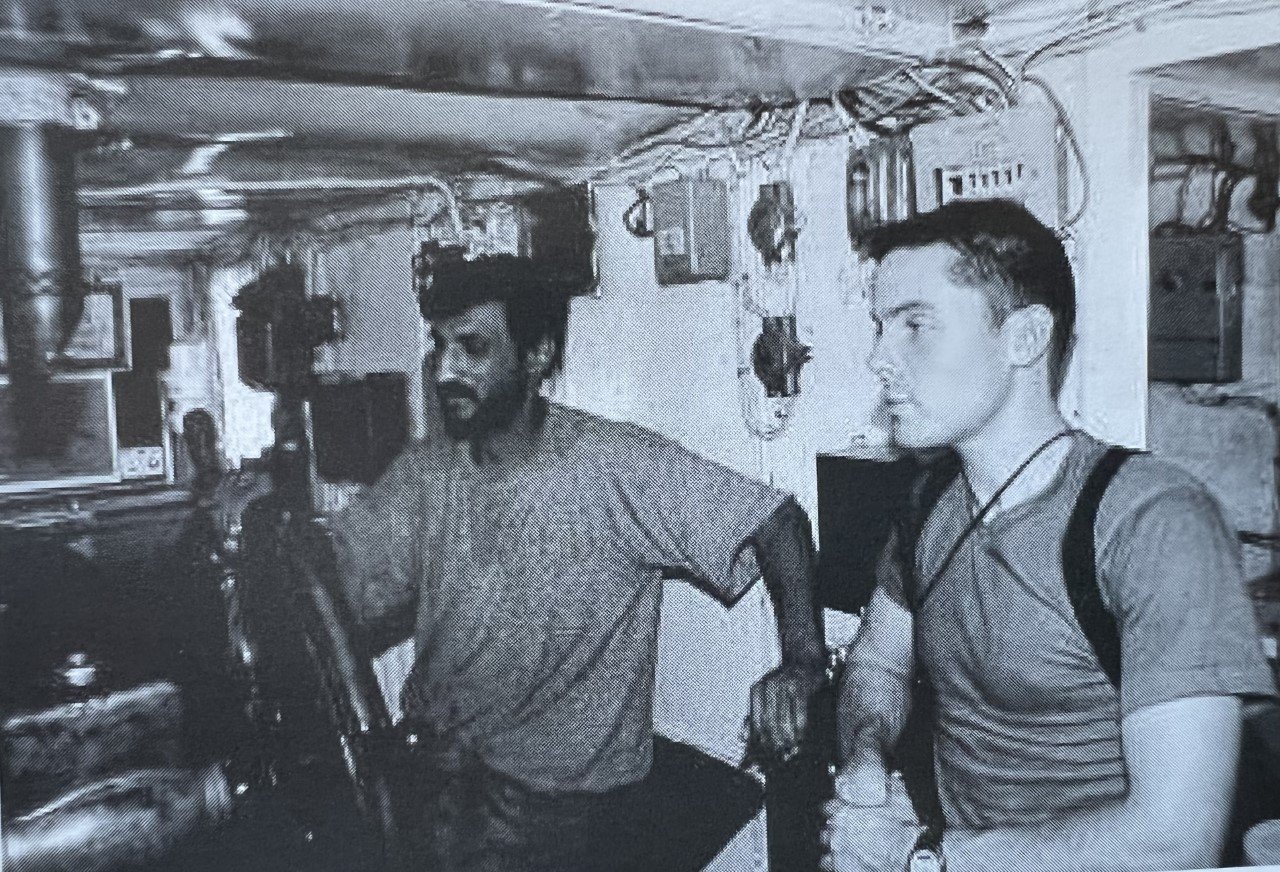Highlighting one of our special USAS members this Veterans Day!
USAS Board Member Carla Schubiger and team came up with a great idea to start highlighting some of the wonderful people who are members of the U.S. Aquaculture Society. Email Carla at carla.schubiger@gmail.com to learn more about being highlighted as a USAS member. Of course, being involved in USAS is a great opportunity. Nominations are now open. Contact Past-President Dennis McIntosh at dmcintosh@desu.edu to learn more about getting involved in USAS.
Veterans Day Edition!
Matt Hawkyard, PhD – Assistant Extension Professor, University of Maine, Navy veteran
Matt spent most of his Navy Career on a destroyer controlling artillery. Learn more by reading below his interview with Carla.
Hi Matt! Please introduce yourself.
My name is Matt Hawkyard. I am an Assistant Extension Professor and Finfish Nutrition Specialist at the University of Maine. I have a joint appointment with the Aquaculture Research Institute and the University of Maine Cooperative Extension. My role here is to address a broad range of research needs related to finfish nutrition. My main area of focus is in larval fish nutrition and feed technology, addressing questions of how to develop artificial diets that perform well in the aquatic environment, such as retaining nutrients when passing through the water.
As I interview you for the Veterans Day edition of these member spotlights, please tell me about your service career.
I enlisted in the United States Navy right out of high school in 1996, partially because I wasn’t sure what I wanted to do in life. During my navy career, I spent most of my time on a destroyer, the USS Milius DDG-69, homeported in San Diego, CA. I worked on the computers that controlled the shipboard artillery and was also on a search and seizure team during the oil embargo (on Iraq). The Iraqis had been sending illegal ships that were smuggling oil down the Iranian coastline through disputed water in the Arabian Gulf. We apprehended these vessels and forced them into international waters so they could be persecuted by international law. I was in the navy for 6 years and then in the Coast Guard reserves for 2 years out of Portland, OR, where I worked in marine oil spill response (as a marine safety officer).
How did you get into the field of aquaculture?
When I got out of the service, I thought I would be a big game biologist in Colorado or Oregon and study cougars. But then I got exposed to ‘early life history of fish’ coursework and learned that tuna lay hundreds of thousands of eggs that get dispersed by the currents and learned about the prey quality dynamics that influence these huge fisheries. The more I learned about it, the more I got interested in aquaculture and how important early nutrition is to these larvae. Moreover, how important it is to resolve early life stage bottlenecks that currently hamper our efforts to produce marine finfish as food. As fisheries are largely exploited now, there just isn’t any way we are going to get much more fish from capture fisheries. Aquaculture (the farming of seafoods) is essential for future human food production and can relieve some of the strains on these wild fisheries.
What advice would give someone starting in the field of aquaculture (maybe a student)?
Explore different areas of aquaculture before deciding on where to go! The field is broad, and there are so many exciting and fun opportunities. Shop the field! See what is out there! Aquaculture has a wide range of professions that you may love. From farming to research, engineering to sociology, there is something in this field for you.
What is something that most people don't know about the aquaculture industry or your role in the industry?
I hate to assume what people know or don’t know. But most people don’t know about aquaculture in general. We have a big opportunity to educate people broadly about seafood systems and aquaculture. Nowadays, we are all overwhelmed with information, and much of that information is incorrect. So, helping people navigate the misinformation about aquaculture is crucial.
Do you have a funny story about something that happened to you (field-related)?
One time during graduate school, I was working at the Oregon State University oyster repository, which is a floating dock out in the estuary. We regularly pulled oysters and cleaned them. One day, I asked our field manager how often people have fallen into the water. Before she could answer, I lost my footing and fell into the frigid Oregon water.
If you could be any aqua species, what would you be and why?
Octopus. They are so smart and pretty social. They interact with scuba divers and start recognizing them if the divers return. They have personalities, some are grumpy, and some are super fun and social. I am not sure which of those I would be, LOL.
In your opinion, what is the most fascinating part of the aquaculture industry?
If you go to a conference, you will find me bouncing around to many different sessions! Because there are so many different aspects of aquaculture that I find fascinating! It is easy to get excited about the various areas, whether seaweed, shellfish, or finfish farming. We are applying all these different technologies and techniques, from land-based to offshore aquaculture and multitrophic farming. It’s an exciting time to be part of this industry!
What is your favorite seafood dish? Would you like to share your favorite recipe?
I have many, but I particularly love mussels. I like the Belgian-style of preparing mussels, where you serve them in a black pot. Sautee onions, celery, and leek in the pot with a little butter, then pour a cup of chicken broth and maybe some Belgium beer or white wine over the mussels and steam them. Then have themussels with a side of fries and a good beer. The beer in Maine is excellent (says the guy who just moved to Maine from Oregon).
What is your favorite aqua or non-aqua past-time?
Mountain biking. I wished our aquaculture conference circuit followed great mountain biking areas! There are 110 miles of mountain biking in Maine. Very rocky; it is either granite or roots. Very challenging and fun. I just joined my region's New England Mountain Biking Association board of directors.
Being a Navy veteran in aquaculture what are the challenges/successes you like to share?
Being a veteran helped me through university. I had a navy college fund which really helped me because my family would not have been able to offer much support, and being a navy veteran enabled me to be more self-sufficient and get through my undergrad. I also learned to study when I was in the Navy, and my study habits paid off once I got to college.
How has your transition from Oregon to Maine been?
Maine is the Oregon of the East Coast, I think, so it has been a pretty easy transition. The people here are really genuine, and the place is beautiful. But the big change has been the difference in the culture of aquaculture. Maine (both at the state and university level) has really created a supportive environment for aquaculture and aquaculture research. I have been here for a little over a year and have been building my new lab, working on my dream projects in fish nutrition, and meeting so many great people. There is certainly no shortage of things to do!
